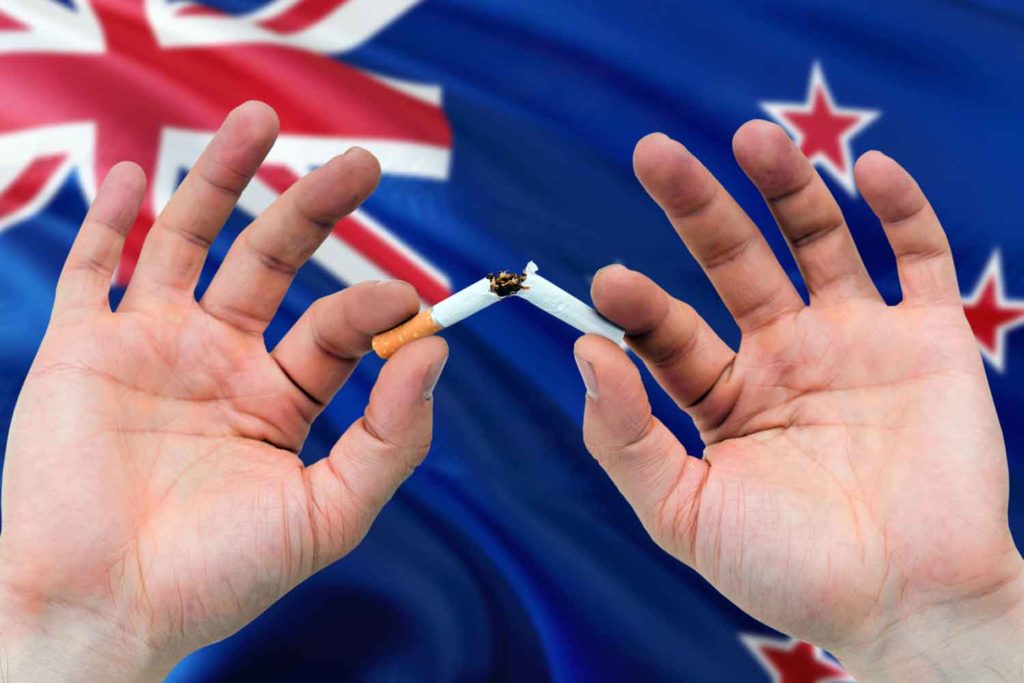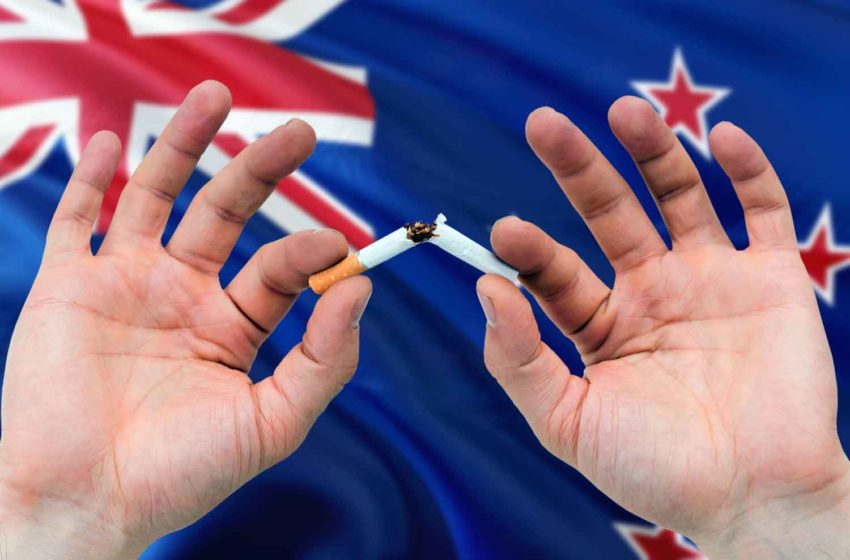
Lawmakers in New Zealand passed legislation today that makes it illegal to sell tobacco to anyone born on or after Jan. 1, 2009, reports the South China Morning Post.
“There is no good reason to allow a product to be sold that kills half the people that use it,” Associate Health Minister Ayesha Verrall told Parliament, adding that New Zealand’s healthcare system would save billions of dollars in the cost of treating sick smokers.
New Zealand’s pioneering law means that the minimum age for buying cigarettes will increase year after year. For example, somebody trying to buy a pack of cigarettes 50 years from now would need to prove they were at least 63 years old.
In addition to its age provision, the law will also cut the number of retailers allowed to sell tobacco by 90 percent and require companies to reduce the level of nicotine in combustible products.
The new legislation is part of New Zealand’s drive to become “smoke-free” by 2025, a situation in which fewer than 5 percent of the population smokes, according to the government definition.
Opponents of the legislation said the bill would force many small corner shops, known in New Zealand as dairies, out of business because they would no longer be able to sell cigarettes. They also predicted it would boost illicit tobacco sales.

“Denying adults the right to buy cigarettes legally will infantilize future generations and could make cigarettes more [and] not less desirable.”
Simon Clark, director, Forest
Smokers’ rights group Forest called the generational tobacco ban “absurd.”
“Banning younger adults from buying cigarettes legally won’t stop people smoking. It will merely drive the sale of cigarettes underground with consumers buying unregulated cigarettes on the black market, like any other prohibited product,” said Forest Director Simon Clark.
“Absurd policies like this are what happens when governments set targets for countries to become smoke-free,” he added. “Denying adults the right to buy cigarettes legally will infantilize future generations and could make cigarettes more [and] not less desirable.”
The share of people in New Zealand who smoke cigarettes daily has dropped to an all-time low of 8 percent, down from 9.4 percent this time last year, the annual NZ Health Survey revealed in November. By comparison, OECD data shows 25 percent of French adults smoked in 2021.
The decline in smoking has been accompanied by a rise in vaping. Some 8.3 percent now use e-cigarettes daily compared with 6 percent 12 months ago.
22nd Century Group, an agricultural biotechnology company that has invested heavily in reduced-nicotine cigarettes, applauded New Zealand’s plan to lower nicotine levels. “This policy is exactly what we were hoping for and more, particularly considering the inclusion of ‘testing variance’ in evaluating nicotine content,” said John D. Pritchard, vice president of regulatory science at 22nd Century, in a statement.
By including testing variance in the maximum permitted nicotine content of smoked tobacco products, New Zealand is compelling cigarette makers to target an average value of approximately 0.5 mg of nicotine per gram of tobacco content, which, according to Pritchard, also happens to be the level achieved by 22nd Century Group’s VLN products.











